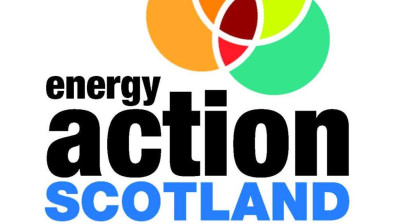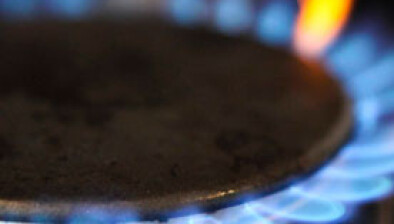 The Scottish Government has been issued with a ‘final demand’ to end fuel poverty by the national fuel poverty charity Energy Action Scotland.
The Scottish Government has been issued with a ‘final demand’ to end fuel poverty by the national fuel poverty charity Energy Action Scotland.
The letter, sent to all MSPs as well as to Scottish ministers yesterday, is a reminder that it is exactly one year until the statutory duty to end fuel poverty must be met. The Housing (Scotland) Act 2001 states that the Scottish Government has ‘to ensure, so far as is reasonably practicable, that people are not living in fuel poverty in Scotland by November 2016’.
With exactly one year to go, Energy Action Scotland said it is clear that the target will be missed however, Scottish ministers have not yet said what will come next.
Norman Kerr, director of Energy Action Scotland, said: “There are currently 39 per cent of households affected and with the target date to end fuel poverty exactly one year away, we are pressing the Scottish Government to set out how this can realistically be achieved.
“We are urging Scottish Ministers to acknowledge that the target will not be met and to start discussions now on producing a new fuel poverty strategy for Scotland.
“Making sure that people can afford the basic right of living in a warm home is our key objective.”
A set of 6 key recommendations from the charity has also been sent to Scottish Ministers and has been published on the Energy Action Scotland website.
These key recommendations include:
Resetting the target to end fuel poverty - Discussions on how to eradicate fuel poverty in Scotland must be opened now. A new target that is realistic but ambitious must be set. It must be accompanied by a fuel poverty strategy and action plan with costs and timelines. It is essential that there is not a hiatus following the passing of the 2016 target date, which is now widely regarded as being unachievable. Funding fuel poverty programmes - In 2006 Energy Action Scotland estimated that £200 million per year each year for ten years would be required, from a variety of sources, to tackle fuel poverty. This level of expenditure has not been achieved and must now be re-evaluated. It is acknowledged that the Scottish Government does continue to fund fuel poverty programmes with a positive impact. Programmes designed to reduce fuel poverty across all parts of Scotland must continue to be funded. However, more timely and more comprehensive public reporting to ensure progress is being made is also required. Consulting early on energy efficiency in the private sector - Moves to improve energy efficiency standards in private sector homes were shelved by the Scottish Government in 2015. Energy Action Scotland believes it is important not to lose momentum on this initiative and urges the Scottish Government to act early in the new parliamentary session. In particular, tenants in the private rented sector, where high levels of fuel poverty are experienced, should have similar support to that given to tenants in the social rented sector. Pledging to make fuel poverty a central pillar of Scotland’s Energy Efficiency Programme - As a result of making energy efficiency a National Infrastructure Priority, the Scottish Government says it will create Scotland’s Energy Efficiency Programme (SEEP). Energy Action Scotland believes the Scottish Government must pledge from the outset that a sizable proportion of SEEP will be directed at home energy efficiency and at the poorest households in particular. Reducing fuel poverty must be at least equal in priority to reducing carbon. Reviewing new devolved powers in relation to fuel poverty - Carry out a review of new devolved powers for Scotland in light of their contribution to tackling fuel poverty in a comprehensive new fuel poverty strategy. Creating a Fuel Poverty Cross-Departmental Group in the Scottish Government and a Cross-Party Group on Fuel Poverty and Domestic Energy Efficiency in the Scottish Parliament - Fuel poverty is a cross-cutting issue encompassing housing standards, energy affordability, low income, health impacts, advice and debt support services among others. Energy Action Scotland therefore believes the Scottish Government should set up a cross-departmental group, chaired by a Minister, to ensure a better understanding that tackling fuel poverty achieves positive outcomes and cost savings across government. Moreover, the creation of a Cross-Party Group on Fuel Poverty and Domestic Energy Efficiency is long overdue in the Scottish Parliament.
 The Scottish Government has been issued with a ‘final demand’ to end fuel poverty by the national fuel poverty charity Energy Action Scotland.
The Scottish Government has been issued with a ‘final demand’ to end fuel poverty by the national fuel poverty charity Energy Action Scotland.






